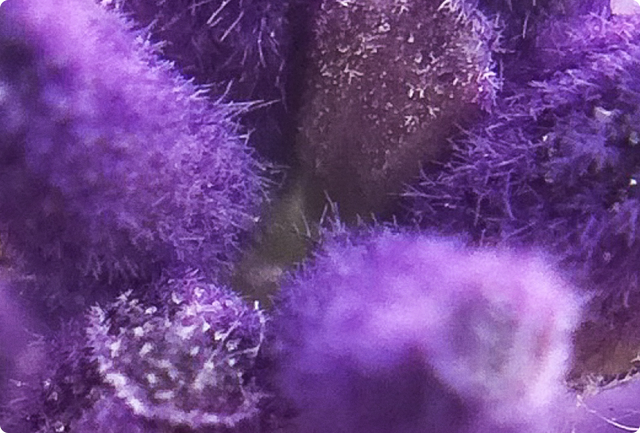About the Oil
Fennel essential oil is distilled from the seeds of the Foeniculum vulgare plant, an aromatic herb native to the Mediterranean and widely grown around the world. With its warm, sweet, and slightly peppery scent, fennel oil has been used since ancient times to aid digestion, balance hormones, and support detoxification. It’s as comforting to the belly as it is uplifting to the mind.
Why You Would Use Fennel Essential Oil
Fennel is a go-to essential oil when you’re looking to:
- Ease digestive discomfort like gas, bloating, and sluggish digestion
- Support the body’s natural detox and cleansing pathways
- Promote a clear mind and lift brain fog
- Encourage healthy hormone balance (especially for women)
- Soothe occasional cramping or tension
- Freshen breath and promote oral wellness
Clinical Findings
| Study | Participants & Duration | Key Results | Reference |
|
Antibacterial Activity |
In vitro tests on common pathogens |
Strong inhibition of E. coli, S. aureus, and Strep. pneumoniae |
Ahmad & Misra, 2014 |
|
Antifungal Activity |
Fungal strains relevant to skin and respiratory health |
Effective against Candida albicans and Aspergillus niger |
Ahmad & Misra, 2014 |
|
Volatile Oil Analysis |
GC-MS analysis of fennel seed oil |
Identified 36 compounds with high levels of antimicrobial and detox-supportive constituents |
Ahmad & Misra, 2014 |
Behind The Science (Made Simple)
Fennel essential oil is rich in natural plant compounds—like trans-anethole, fenchone, and limonene—that work together to support the body’s digestive and immune systems.
- Calms the digestive system: Fennel helps reduce gas and bloating by relaxing the muscles of the gut. It also supports bile flow, aiding in smoother digestion.
- Fights bacteria and fungi: Lab studies show fennel oil is naturally antibacterial and antifungal, making it great for immune support, oral care, and surface cleansing.
- Supports natural detox: Fennel is known for gently stimulating the liver and kidneys—encouraging the body’s ability to cleanse and reset.
- Balances and clears: Whether emotionally or physically, fennel’s scent is clarifying. It promotes a sense of alertness while reducing fogginess or heaviness.
- Helps with hormonal harmony: Traditionally used to support women’s wellness, fennel may help ease discomfort linked to the menstrual cycle when used with care.
How and Where It Grows
Fennel thrives in sunny, dry climates and is cultivated throughout the Mediterranean, India, and parts of North America. The seeds are harvested in late summer, then steam-distilled to extract the essential oil. The plant’s feathery leaves and yellow flowers are as beautiful as its scent is therapeutic.
Use in Ancient Medicine
In traditional Greek, Egyptian, and Ayurvedic medicine, fennel was used for digestion, hormone balance, and even to enhance milk flow in nursing mothers. Roman gladiators reportedly used fennel to maintain strength, while medieval herbalists carried it as protection against evil spirits and infections.
Symbolism
Fennel symbolizes clarity, courage, and purification. With its bold anise aroma and bright energy, it’s seen as a herb that clears confusion, strengthens the will, and supports new beginnings—especially when the body or mind feels sluggish or stagnant.
INFORMATION provided is intended for informational purposes only and is not meant to diagnose, treat, cure, or prevent any disease. Statements have not been evaluated by Health Canada or the FDA. Please consult a qualified healthcare provider before using essential oils for therapeutic purposes.
References
- Ahmad A, Misra LN. (2014). Chemical composition and antimicrobial activity of F. vulgare seed oil. AJPS.
- Kaur G, et al. (2010). Therapeutic potential of essential oils from medicinal plants. Int J Pharm Sci Rev Res.
- Ghasemian, A., Al-Marzoqi, A. H., Mostafavi, S. K. S., Alghanimi, Y. K., & Teimouri, M. (2020). Chemical Composition and Antimicrobial and Cytotoxic Activities of Foeniculum vulgare Mill Essential Oils. Journal of gastrointestinal cancer, 51(1), 260–266. https://doi.org/10.1007/s12029-019-00241-w



![Shop Room Sprays [new & improved]](http://www.saje.com/cdn/shop/files/Nav-Liquid_Sunshine_Room_Spray_V02.jpg?v=1767631608&width=640)

